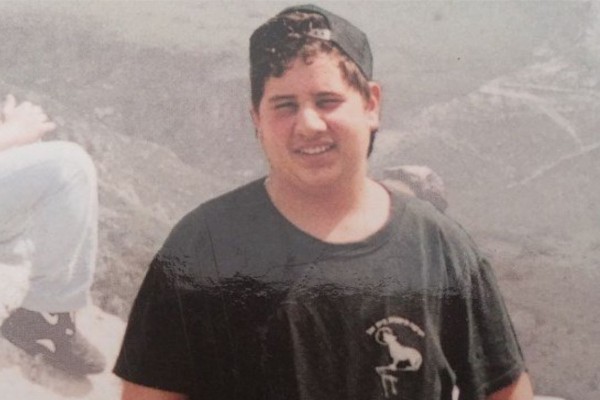More than a quarter-century after Hamas killed David Boim, his parents still seek justice.
By Pesach Benson, United With Israel
A federal judge in Chicago cleared a terror victim’s lawsuit to proceed against American Muslims for Palestine more than a quarter-century after the deadly Hamas attack.
The story begins in 1996, when David Boim, a 17-year-old Israeli-American studying in a Jerusalem yeshiva was shot and killed at a bus stop near Beit El in a terror attack which Hamas claimed responsibility for.
The gunman, Amjad Hinawi turned himself in to the Palestinian Authority which sentenced him to 10 years of hard labor. Hinawi escaped during a furlough in 1998, and was killed during an Israeli raid for Hamas fugitives in Nablus in 2007.
Hinawi’s accomplice, Khalil Sharif, who had been briefly detained by the Palestinian police, blew himself up in a 1997 suicide bombing at Jerusalem’s Ben Yehuda pedestrian mall.
David’s parents, Stanley and Joyce Boim, took legal action against two U.S.-based groups: The Islamic Association for Palestine (IAP) and the American Muslim Society (AMS) for providing financial and political support for Hamas and spreading the terror organization’s propaganda.
U.S. law prohibits citizens from providing funding to terror organizations.
And in 2004, the Boims were awarded $156 million in damages.
Instead of paying the judgement, the IAP and AMS shut themselves down. The two organizations cited “the burden of the Boim Judgment and associated litigation costs.”
The family argued that the Virginia-based Americans for Justice in Palestine Educational Foundation (AJP) and the Texas-based Holy Land Foundation served as alter egos for the IAP and AMS, and demanded those organizations pay the judgment in stead.
The legal battle took a further twist in 2001 when federal authorities designated the Holy Land Foundation as a Domestic Terror Organization and shut it down. The legal battle took yet another twist with the emergence of American Muslims for Palestine (AMP), which is also based in Virginia.
The Boims argued in an amended complaint that AMP had “largely the same core leadership as IAP/AMS; it serves the same function and purpose; it holds nearly identical conventions and events with many of the same roster of speakers; it operates a similar ‘chapter’ structure in similar geographic locations; it continues to espouse Hamas’ ideology and political positions; and it continues to facilitate fundraising for groups that funnel money to Hamas.”
US District Judge Gary Feinerman ruled that sufficient evidence was presented to let the case proceed.
“In sum, the pertinent factors identified by the Seventh Circuit and discussed by the parties support the Boims’ claim that Entity Defendants are liable for the Boim I judgment as alter egos of Holy Land and AMS/IAP,” Judge Feinerman wrote. “The claim accordingly survives dismissal.”
AMP has until June 7 to respond.
